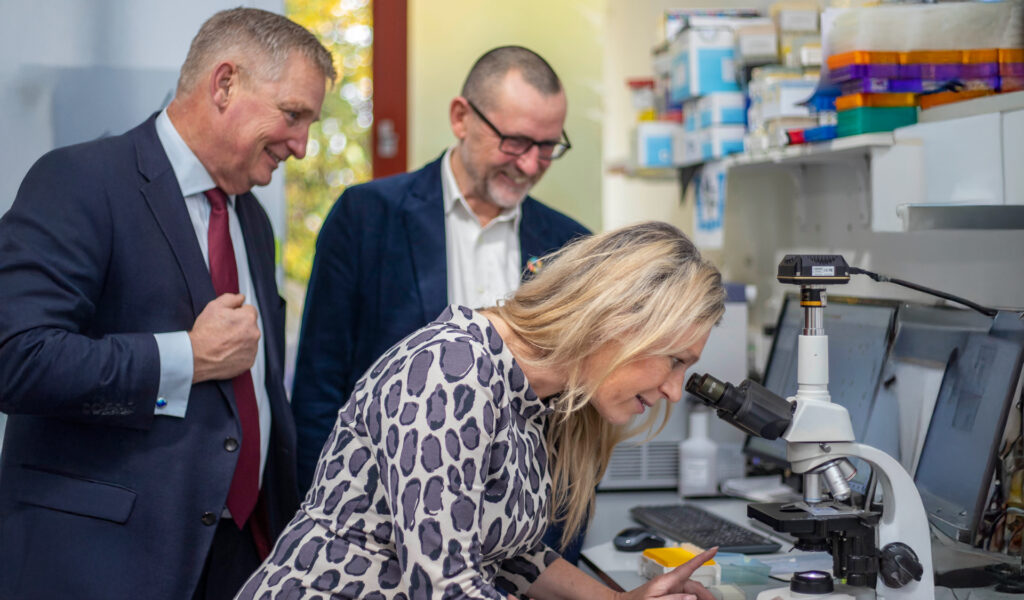This accounted for 4.7% of total Scottish GVA.
The State of the Circular Economy report, commissioned by Zero Waste Scotland (ZWS), also found that the circular sectors supported 81,447 jobs, equivalent to 4.4% of national employment.
Outgoing ZWS Chief Executive Iain Gulland commented: “It’s a strategic, evidence-backed and impactful way to achieve our economic and environmental objectives in a considered and holistic way, and it’s an opportunity we can and must maximise.”
Measuring circularity
The study used the European Circular Economy Monitoring Framework (ECEMF) methodology, an internationally recognised reference point for developing circular economy monitoring tools and assessing the economic value of circular activities.
The approach assessed economic indicators such as GVA and employment across sectors ranging from repair and reuse, to recycling, remanufacturing and product life-extension activities.
However, the authors stressed that circular economy measurement remains an evolving field, with existing national datasets not designed to capture the full range of circular activity.
The report calls for more granular data and sector-specific studies – particularly in construction, textiles, and the creative industries – to better understand the scale of opportunity.
Scotland’s circular economy
ZWS’s 2024–2030 Corporate Plan commits to “rewiring the economy” by reducing reliance on virgin materials and embedding circularity across industries.
The new study is intended to provide a baseline for tracking Scotland’s progress and guiding policymaking.
Looking ahead, the report identifies significant scope to grow circular activity and its share of the economy. Areas such as the digital economy, sharing platforms, and advanced technologies are highlighted as emerging opportunities.
The Scottish Government is currently progressing a Circular Economy Bill, which aims to support reuse, repair, and recycling while tackling unnecessary waste.
Introduced in 2023, the bill will give ministers powers to set out rules to create a circular economy, including the banning of the disposal of unsold goods to “prevent good products in landfill”, setting recycling targets and giving additional enforcement powers to local authorities.







Subscribe for free